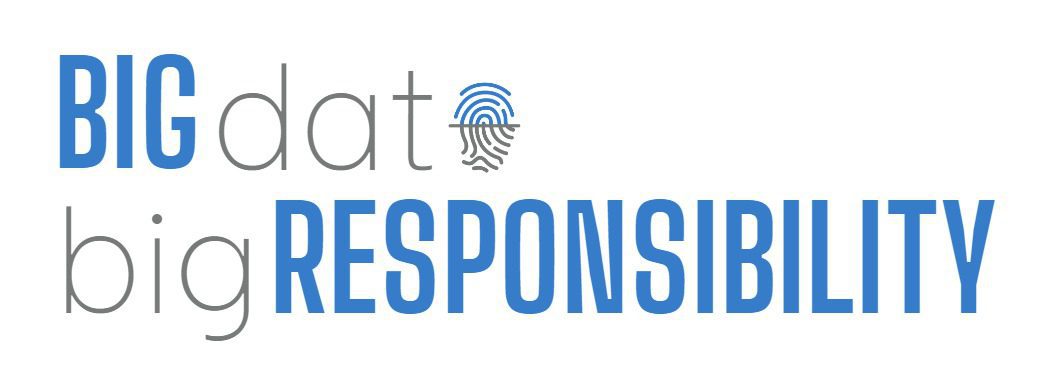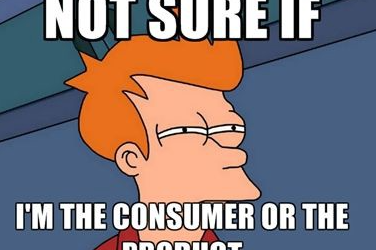GoodBye for now and perhaps “Speak” to you Later?
Here we are! The time has come for us to say GoodBye for now, and we hope we “Speak” to you Later! Seems like we just enrolled on this exciting and one of a kind journey to creating our group blog – Big Data Big Responsibility – but time flies and we would like to summarize our key learnings, items of interest and feedback in our final post. We have certainly learned a great deal of new skills as a group and on an individual level, have had fruitful discussions with our audience, engaged by reading and commenting on each …











